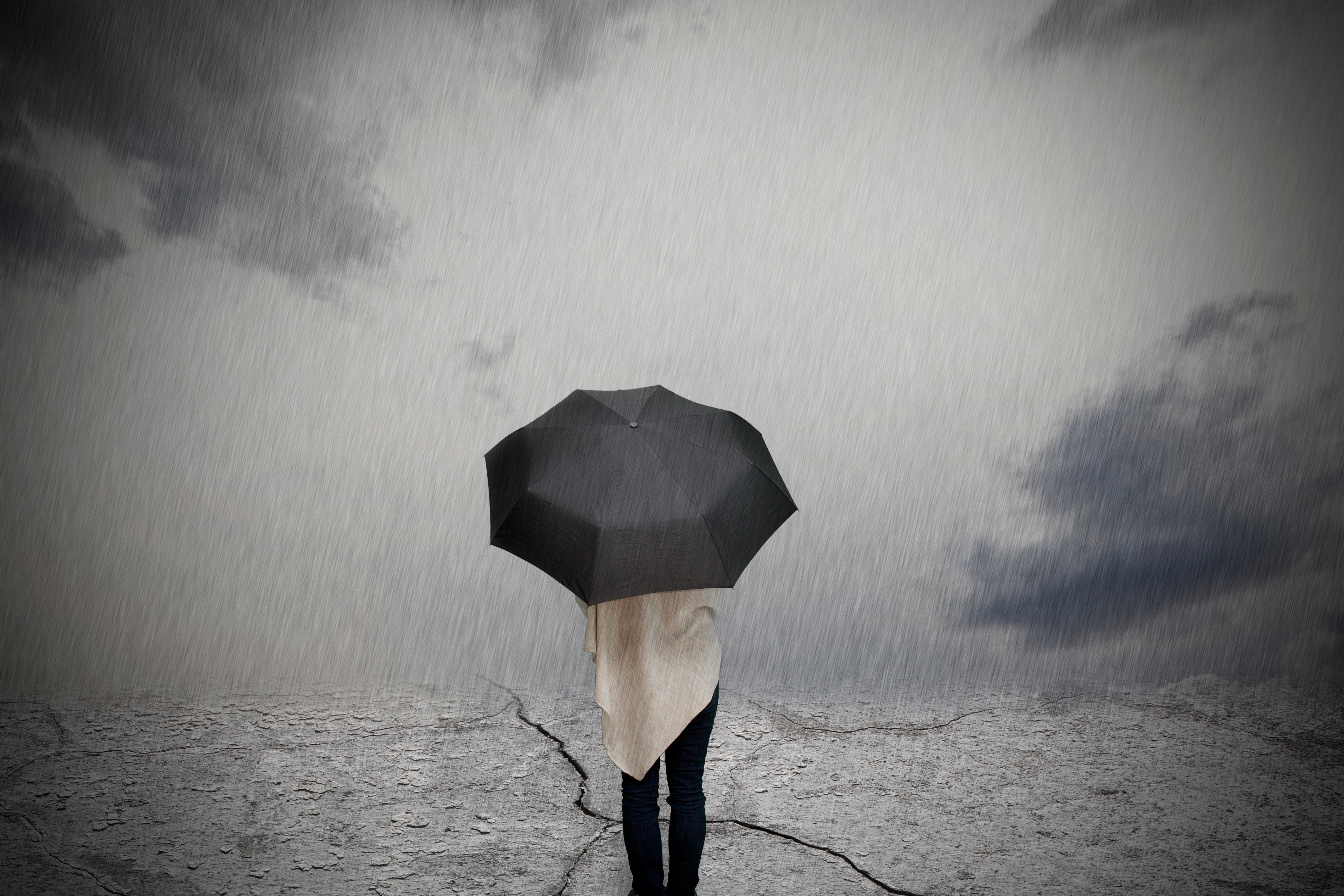Depression can sneak into your life and make even the simplest things feel overwhelming. It doesn’t just mess with your emotions, but also how you think, move, and connect with people. When struggling with depression, it can feel like everything you used to enjoy loses its spark, and even getting out of bed becomes a challenge.
The signs of depression aren’t always easy to notice. It can show up in unexpected ways, making it hard to realize what’s going on until things start to feel heavy. That’s why it’s so important to recognize the early signs. By paying attention, there’s a better chance to take steps before it gets too hard to manage.
Here, we’ll highlight eight common signs that suggest you might be dealing with depression and share simple ways to improve your mood. Small, everyday changes can help ease the weight and get you back to feeling more like yourself.
Understanding Depression
Depression isn’t just about feeling sad—it goes much deeper than that. It’s a condition that affects how you think, feel, and even how your body reacts to everyday things. People struggling with depression often feel drained, both mentally and physically. Tasks that used to be easy can start to feel like major hurdles, and emotions might seem all over the place.
Depression is very common, and millions of people deal with it, even though it can feel incredibly isolating. It’s not just a rough patch; it’s a real mental health issue that impacts your mood, energy levels, and even how you connect with others. The good news is that recognizing the signs early on can help you manage it better. If you notice certain patterns in yourself, like constant fatigue or losing interest in things you love, it’s worth paying attention.
Catching these symptoms early means you have a better chance to take steps toward improving your well-being. Whether it’s seeking help from a professional, making lifestyle changes, or leaning on a support system, recognizing depression is the first step to feeling better.
So, what are some of the common signs of depression to watch out for? Let’s take a look.
1. Loss of Interest in Activities You Once Enjoyed
One of the first signs you might be struggling with depression is feeling disconnected from the things you used to love. Whether it’s a hobby, spending time with friends, or simply enjoying a favorite meal, everything seems less exciting. You may find that you avoid social events or activities you once looked forward to, and it can feel like you’re just going through the motions.
To improve, try to bring back some of those activities, but start small. Spend just a few minutes a day doing something you used to enjoy, even if you don’t feel like it at first. Gradually, the more you reintroduce these things, the more likely they’ll start to feel good again, bit by bit.
2. Changes in Appetite
When struggling with depression, your relationship with food might shift. Some people find they have no appetite and barely eat, while others may overeat as a form of comfort. This can lead to noticeable changes in your weight, either losing or gaining more than usual, which only adds to the stress.
To get back on track, focus on maintaining a balanced diet. Even if you don’t feel hungry, try to eat regular, small meals. On the other hand, if you’re overeating, practice mindful eating by slowing down and listening to your body’s hunger signals. If it feels like too much to manage alone, don’t hesitate to seek professional guidance.
3. Difficulty Sleeping
Sleep patterns often get disrupted when dealing with depression. You might find yourself tossing and turning at night, unable to fall asleep (insomnia). Or, you may experience the opposite—sleeping for hours on end but still feeling tired (hypersomnia). Both are common signs that your mental health needs attention.
Improving sleep starts with creating a calming bedtime routine. Turn off screens at least an hour before bed and try to relax by reading or meditating. Set a consistent time to go to sleep and wake up, even on weekends. Deep breathing exercises can also help signal your body that it’s time to rest.
4. Persistent Fatigue
No matter how much sleep you get, depression can leave you feeling exhausted all the time. You might wake up feeling drained and struggle to find the energy to get through the day. Even the smallest tasks can feel like they require an enormous amount of effort.
To combat this fatigue, try light physical activity like a short walk or stretching. It might sound counterintuitive, but moving your body can help restore some energy. Focus on small, manageable tasks rather than overwhelming yourself with a long to-do list.
5. Withdrawal from Social Connections
When depression sets in, being around people can feel overwhelming, even with those closest to you. You may start to pull away from friends and family, isolating yourself because social interactions seem too draining or uncomfortable.
Start reconnecting by reaching out to just one trusted person. You don’t need to jump back into big group activities, but keeping that small connection open can help. Consider joining a support group where you can share your experiences with others who understand, which may feel less intimidating than typical social settings.
6. Trouble Concentrating
Depression can cause what’s often described as a “mental fog.” You might struggle to stay focused, follow conversations, or remember things that usually come naturally. Everyday tasks can feel confusing or frustrating because it’s hard to think clearly.
To sharpen your focus, try mindfulness exercises that help bring you back to the present moment. Break your tasks into smaller steps and tackle them one at a time. Give yourself grace during these moments, as concentration may take time to improve.
7. Feelings of Hopelessness and Worthlessness
Feeling stuck in a loop of hopelessness and worthlessness is a common experience when struggling with depression. It’s as if no matter what you do, things will never get better, and it’s easy to believe that you don’t deserve happiness or success.
To shift this mindset, start with small, positive affirmations that you repeat daily. They might not feel true at first, but over time, they can help reshape negative thoughts. Counseling or therapy can also offer tools to manage these emotions and develop a more balanced view of yourself.
8. Physical Symptoms: Headaches and Digestive Issues
Depression doesn’t just affect your mind—it often shows up in your body, too. Many people experience frequent headaches or stomach problems when struggling with depression. These physical symptoms are connected to the stress and tension your body carries.
To ease these physical effects, focus on stress reduction techniques like yoga, meditation, or deep breathing exercises. If these symptoms persist or become too uncomfortable, it’s a good idea to speak with a healthcare provider to rule out other causes and get the right support.
Final Thoughts on Identifying Depression and Enhancing Mood
Recognizing the early signs of depression can make a big difference in how you manage it. When you catch those signs early, it becomes easier to take control and start feeling better. Small steps like improving self-care, reaching out to loved ones, or talking to a professional can have a real impact on your mood and overall well-being.
No one should face depression alone, and it’s important to remember that help is always available. Whether it’s through therapy, support groups, or just opening up to a close friend, reaching out is the first step toward healing. You’re not alone in this, and making even the smallest change can help lighten the load.
Taking action now, even in little ways, can slowly lift the fog of struggling with depression and bring back a sense of hope.















